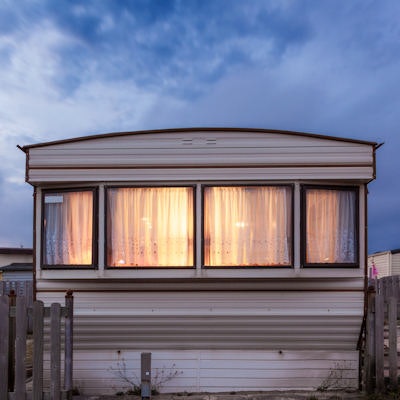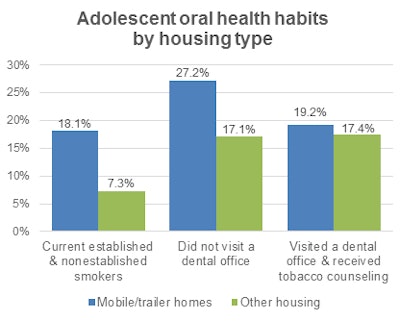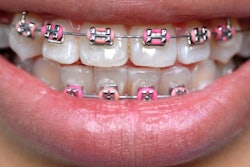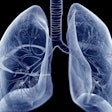
Adolescents living in mobile and trailer homes are more likely to smoke cigarettes and less likely to visit the dentist compared with kids living in other types of housing, a new study found. This is one of the few studies to evaluate health outcomes for adolescents based on the type of housing they live in.
The study authors realized that many researchers take into account socioeconomic status but few look at potential health disparities by housing type. Therefore, they conducted a study to see if cigarette use and dental visits varied for mobile and trailer home residents compared with people living in other housing types.
"Mobile and trailer home residents are an understudied group," wrote the authors, led by Vinodh Bhoopathi, MPH, DScD, an assistant professor at the Maurice H. Kornberg School of Dentistry at Temple University (BMC Oral Health, November 11, 2016). "In this study we determined the cigarette smoking status, dental visits in the past 12 months, and receipt of tobacco counseling in adolescents living in [mobile and trailer homes] compared to adolescents living in other types of housing."
Smoking and housing type linked
Roughly 18 million people, including many children and teenagers, lived in mobile homes in 2014, accounting for about 5% of the U.S. population; however, few researchers study this population. Dr. Bhoopathi and colleagues specifically set out to study the dental care standards and smoking habits of adolescents living in mobile and trailer homes.
The researchers began by using data from the 2012 Florida Youth Tobacco Survey. The anonymous survey asked middle and high school kids in the state about their about smoking and healthcare habits. Dr. Bhoopathi and colleagues chose the 2012 survey because it asked whether the students had visited a dental office in the past year, and, if so, whether they received tobacco counseling.
The study sample consisted of 74,890 responses from adolescents ages 10 to 19. The adolescents were broken up into categories based on their smoking status, dental visits, and housing type.
| Study variables | |||
| Smoking status | Current established smoker -- smoked at least one cigarette 20+ of the last 30 days | Current nonestablished smoker -- smoked at least one cigarette for fewer than 20 of the last 30 days | Current nonsmoker -- has not smoked a cigarette in the last 30 days |
| Dental visits | Have not visited dentist's office in the past 12 months | Have visited a dentist's office in the past 12 months but was not talked to about the danger of tobacco use | Have visited a dentist's office in the past 12 months and was talked to about the danger of tobacco use |
| Housing type | Mobile and trailer homes | Other housing types | |
Adolescents living in mobile and trailer homes are significantly more likely to be current established smokers and current nonestablished smokers than those living in other housing types, the researchers found. These adolescents are also less likely to have visited a dentist in the past 12 months.

The researchers also found that, among adolescents who did visit the dentist, those living in mobile and trailer homes were more likely to receive tobacco counseling than those living in other types of counseling. However, more than half of kids in both types of housing still did not receive counseling about the danger of tobacco use.
What else is housing type linked to?
The study benefited from a large sample size, but, since it only consisted of adolescents in Florida, the results may not be able to be generalized to adolescents in other states. The researchers also did not know family incomes and whether the adolescents had medical or dental insurance.
Income cannot be assumed based on housing type, the study authors noted. Although it may be reasonable to think that those living in mobile and trailer homes may have a lower family income, the population is not readily studied, and the Florida Youth Tobacco survey did not provide any income information.
Dr. Bhoopathi and colleagues hope more studies will focus on the healthcare needs of the mobile and trailer home population, and that health organizations and the dental industry will think about ways to address the population's unique needs. They also recommended mobile dental clinics, educational campaigns, and community outreach programs as potential ways to reach mobile and trailer home communities.
"These findings indicate that cigarette smoking may be an issue among adolescents living in [mobile and trailer homes]," the authors wrote. "Lost dental office visits are missed opportunities for preventing and/or addressing unhealthy habits and identifying preventable diseases, especially among adolescents."



















